- Tax lawyers have deep, detailed, specialized knowledge of tax law.
- Their expertise can be essential in complex income and taxation situations.
- Tax attorneys help clients craft long-term strategies for reducing tax burdens.
- Strongly consider hiring one if you’re being audited or charged with a financial crime.
With tax season in full swing, taxpayers across the country are looking for ways to reduce what they owe. Yet, at the same time, most people lack detailed technical knowledge of federal, state, and local income tax laws. This can make it difficult for laypeople to maximize their savings.
Tax professionals can help solve this issue. Accountants and tax preparers know the ins and outs of tax law better than most nonprofessionals. However, tax lawyers have the most detailed and complete grasp of applicable laws. They don’t come cheap, but they can generate a positive return on investment through cost savings. This guide explains how.
What Is a Tax Lawyer?
First things first: tax lawyers are licensed legal specialists in the complexities of tax codes. All tax lawyers have encyclopedic knowledge of federal tax law and how it is applied. Most of them also have the same level of knowledge of the tax codes used in the state where they practice.
Some tax lawyers are generalists, while others concentrate on particular practice areas. For instance, some specialists focus on representing clients during Internal Revenue Service (IRS) audits. Others offer criminal defense services for people facing charges related to tax evasion. Additional specializations include areas like lien, penalty, wage garnishment, and tax levy releases.
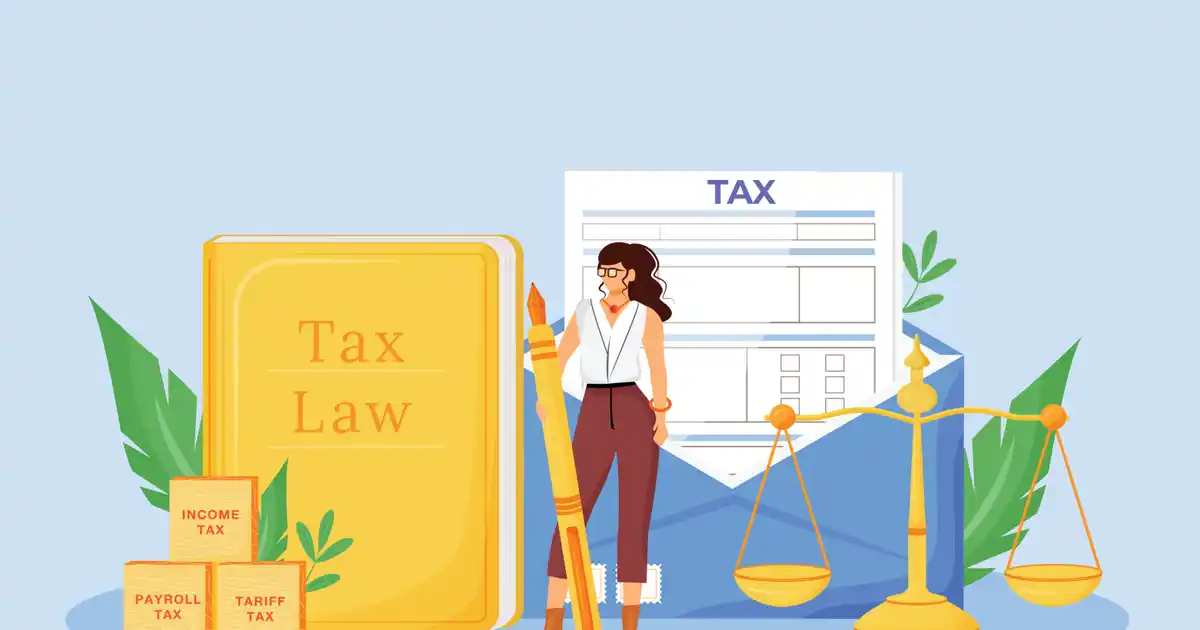 Shutterstock
ShutterstockHow Tax Lawyers Can Help
Tax lawyers are capable of assisting clients in many different ways. Clients can retain them at any time: you don’t need to wait until you’re facing a tax-related legal issue. Many people choose to hire them preemptively in a bid to achieve tax savings.
The latter can be especially valuable. Tax lawyers possess deep, detailed knowledge of tax law. They can find money-saving strategies (a.k.a. “loopholes”) that most people don’t know about. A lawyer can also be a particularly valuable asset if you require legal research in reaction to IRS communications. Here are more examples of how they can help:
 Shutterstock
ShutterstockMaking Sense of IRS Documents
According to comprehensive counts, the IRS publishes nearly 2,000 official policy documents, guides, and forms. That’s a confusing avalanche of information for the average person to process. Even worse for nonprofessionals, many of the documents feature technical language and rules that sometimes appear to contradict each other.
A tax lawyer has the legal training and specialized knowledge to make sense of dense and difficult IRS documents. Attorneys can also explain the technical details related to your payment obligations and the legal tools the IRS can use. Knowledge in both areas can be of immense value if you’re facing a hefty bill or owe back taxes.
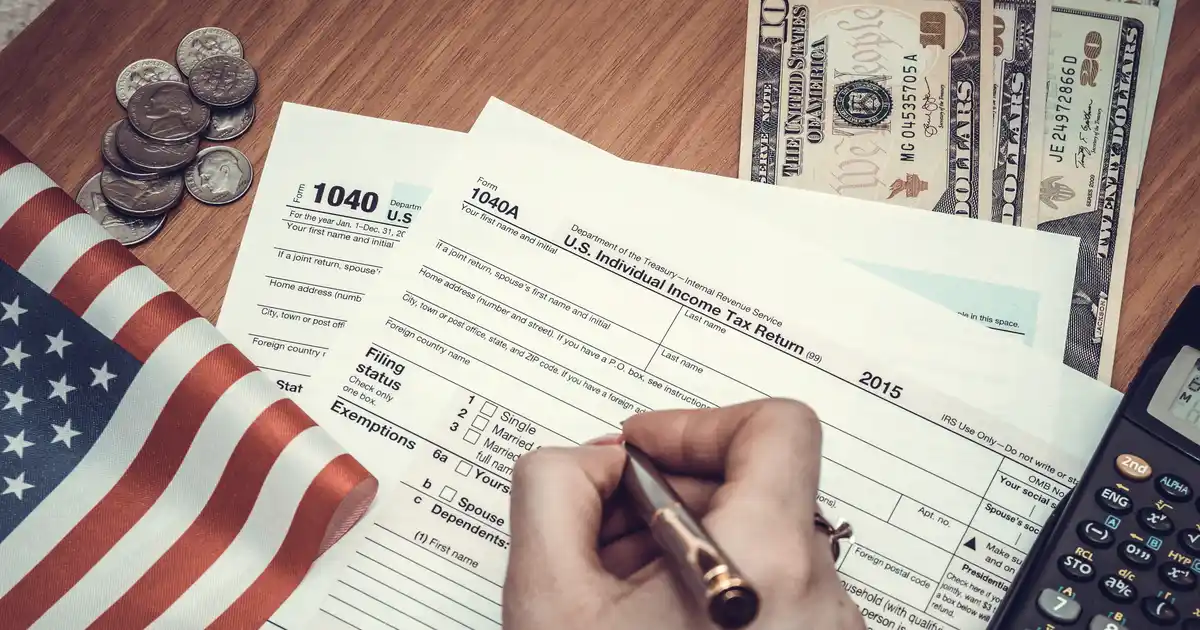 Shutterstock
ShutterstockAssistance for Business Owners
Prevailing wisdom suggests that you’re far more likely to benefit from hiring a tax lawyer if you own a business. The same is true if you’re buying or selling an existing business. Additional technicalities and complexities apply in such cases. Many business owners and investors need a lawyer to help them sort out the details.
It’s also a wise idea to consult a tax lawyer if you’re setting up a new business. You’ll need to commit to a business tax structure, and choosing incorrectly can leave you hamstrung for years. A simple consultation ahead of time could potentially relieve you of major future tax burdens.
 Shutterstock
ShutterstockManaging Communications With the IRS
The IRS issues unexpected tax bills and collection notices all the time. If you’re on the receiving end of one, chances are it contains language indicating your obligation to respond. The thing is, responding incorrectly can open you up to further legal troubles, fees, and penalties.
Hiring a tax lawyer to manage your direct communications with the IRS shields you from these risks. A tax attorney will ensure that your responses are precise, accurate, and protective of your legal interests. The IRS will also know you’ve hired a lawyer to assist you, which may dissuade it from using aggressive tactics.
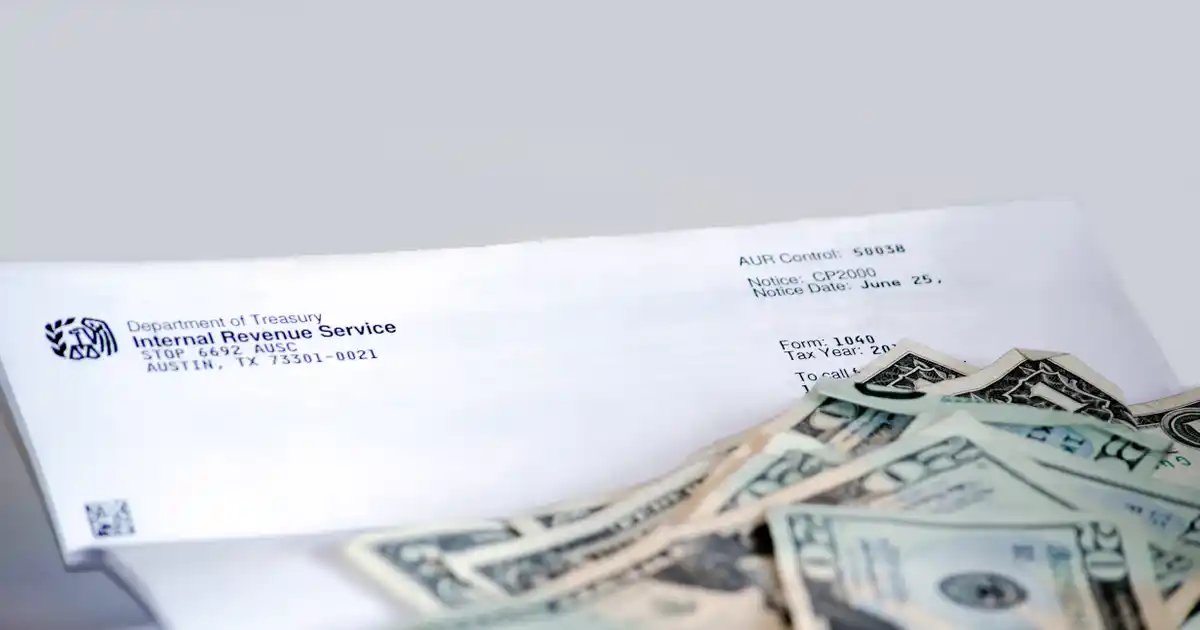 Shutterstock
ShutterstockIdentifying Future Taxation Strategies
People often consider hiring a tax attorney in response to a present-day problem or tax-related issue. In certain situations, this can save you money compared to what you would otherwise pay to resolve things yourself. However, taking a longer-term view reveals that tax attorneys can be valuable strategic partners on an ongoing basis.
Tax attorneys can help you direct your income, investments, and financial dealings to shelter you from unnecessary taxation. This has the potential to return multiples on your financial investment over the course of many years. If you hold investments, real estate, or assets in other classes, a tax lawyer could prove an excellent ally.
 Shutterstock
ShutterstockWhen to Hire a Tax Lawyer
There are certain situations in which hiring a tax lawyer is a no-brainer. If you’re facing an audit or tax evasion charges, a legal specialist is something you’ll definitely want on your side. Experts also highly recommend them when you’re planning your estate and need help protecting your heirs from taxation.
In terms of cutting your tax bill, there are several situations in which a tax attorney could generate a positive return. In practical terms, this occurs when an attorney identifies tax savings that exceed the cost of hiring them. To this end, there are several specific situations in which you might want to invest in one.
 Shutterstock
ShutterstockNegotiated Settlements
Many people turn to tax lawyers after being slapped with a massive bill from the IRS. In some cases, the cost of IRS-identified tax obligations can be financially ruinous. Tax lawyers can help by negotiating various types of tax settlements with the IRS. Settlement strategies can save clients money and also help them avoid a disastrous outcome like bankruptcy.
Common settlement strategies include installment plans and offers in compromise. An offer in compromise occurs when the IRS agrees to settle your tax bill for less than the full amount you owe. Lawyers excel at negotiating settlements that protect client interests to the greatest possible degree.
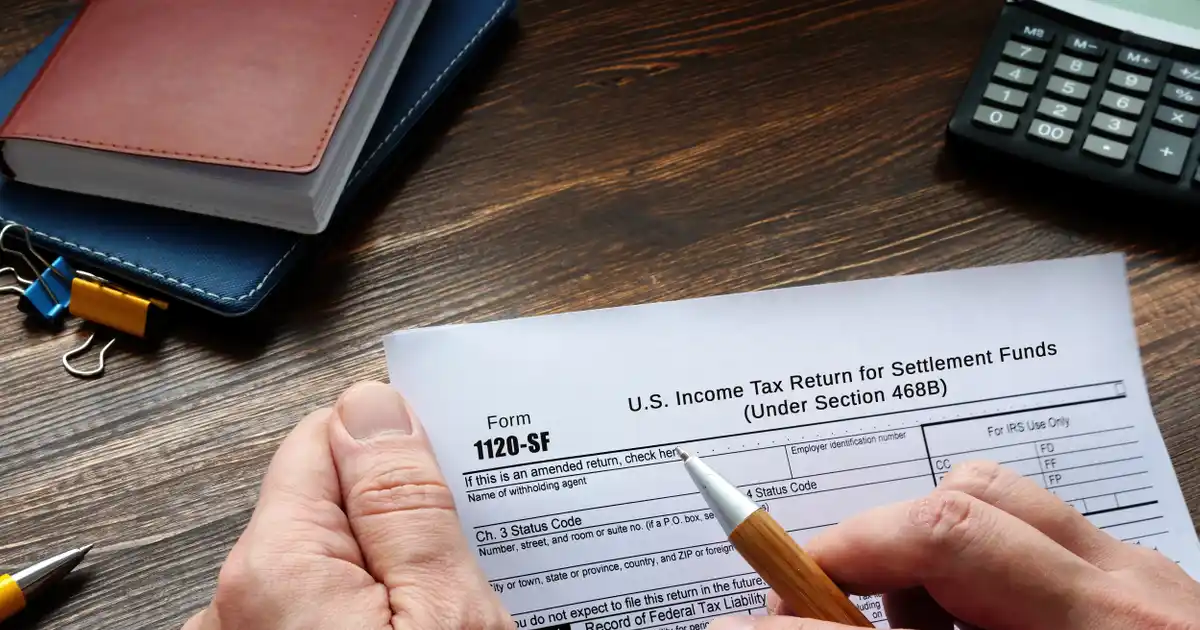 Shutterstock
ShutterstockComplex Income Situations
If you hold a wage-based or salaried job with a single employer, a tax lawyer won’t likely deliver much value. This is particularly true if you’re planning to claim the standard deduction amount instead of claiming itemized deductions and credits.
However, many people have far more complex income situations. These can include income earned through a variety of sources including employment, investments, asset sales, and inheritances. Each of these income sources can impact your tax burden in different ways. Some taxpayers also qualify for obscure deductions and valuable but little-known tax credits. Navigating these situations can be a high-stakes minefield for non-experts.
 Shutterstock
ShutterstockBack Taxes Are Impacting Your Current Burden
Having unpaid back taxes will continue to impact your current tax burden. Experts generally opine that you probably won’t need to hire a lawyer just because your tax bill isn’t current. However, when the financial value of your tax bill is high, a tax lawyer can help prevent your burden from getting out of control.
The key takeaway is this: tax lawyers have expertise and insights into tax laws that most accountants lack. If you just need generalized advice on back taxes, a tax accountant or tax preparer can probably offer it. However, if you need detailed, case-specific assistance, a tax lawyer is likely a better bet.
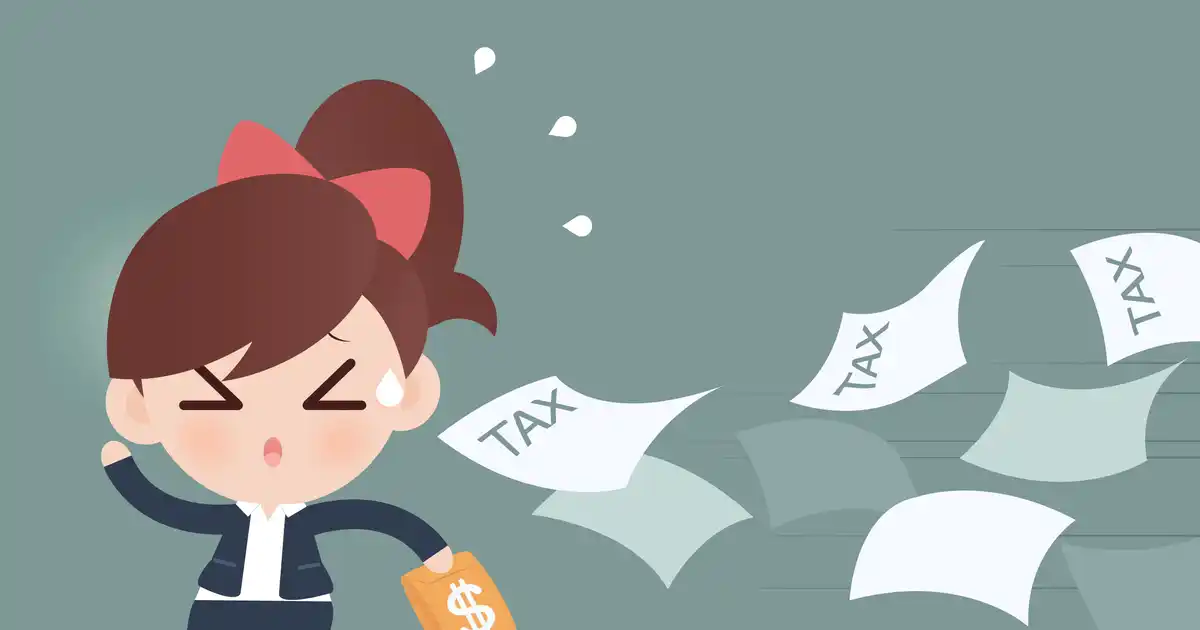 Shutterstock
ShutterstockWhat About IRS Tax Settlement Firms?
Tax settlement firms also operate within the realm of tax law. These firms typically claim to have access to a dizzying list of professionals and insiders. They often present themselves as eager to fight the IRS on behalf of the proverbial little guy. However, consumers should exercise caution when dealing with tax settlement firms and perform their own careful research.
Some tax settlement firms have tax attorneys and former IRS insiders on their staff rosters. However, others overstate such claims in legally dubious ways. Given that such firms charge thousands in fees, treading carefully is of the essence. Many experts recommend hiring a tax lawyer instead.
 Shutterstock
ShutterstockHow Much Do Tax Lawyers Cost?
Tax lawyers charge variable fees, which are usually determined by the attorney’s level of experience. Lawyers with lower levels of professional experience generally charge reduced fees. Seasoned experts with extensive track records typically charge more. However, their added expertise can pay dividends.
Generalizing an exact is difficult, but consumers can typically expect to pay lawyers several hundred dollars per hour. Total fees for standard cases usually reach the $5,000-$10,000 range. Complex cases cost more. If you need help meeting your legal costs, some attorneys offer alternative payment arrangements. For instance, you can find a tax lawyer to work “pro bono” (no money up front). Others offer contingency structures, collecting a portion of any financial proceeds you receive from your case.








